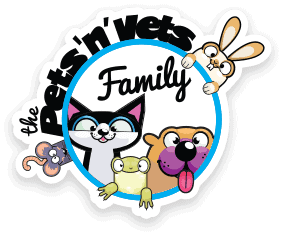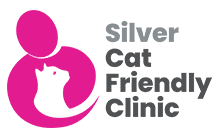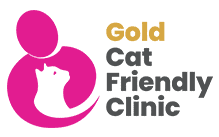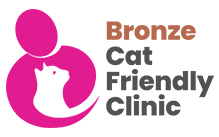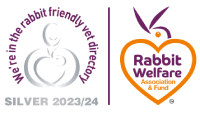As Veterinary Nursing Awareness Month draws to a close, we wanted to highlight the roles our RVN’s have within the Pets’n’Vets Family. Veterinary nursing is a career with countless opportunities; here at the Pets’n’Vets Family we utilise our nurse’s skills in a range of different ways.
To train as a veterinary nurse you must gain a place at a college or university, complete a nursing progress log, complete 2990 training hours and pass theory examinations as well as practical OSCE examinations. Our hospital and branches are all RCVS approved training practices, which allows us to have student veterinary nurses that train alongside our Registered Veterinary Nurses, vets, veterinary technicians, and receptionists.
You may have been in to see our nurses during their nursing clinics, where they conduct many clinics including post-operative checks, behaviour training, diet, and parasite control. Our veterinary nurses are all highly trained individuals and can offer advice on several different topics including diet, training and oral care.
Our rotating nurses spend time doing several vital roles within the practice, including monitoring anaesthetics during operations, medical nursing in our wards and emergency care in our ICU. Veterinary nurses work alongside veterinary surgeons to collect and analyse samples, take radiographs (x-rays!), conduct ultrasound scans and create treatment plans for patients. During an emergency, our nurses will often triage the patient, and work alongside the veterinary surgeon to offer lifesaving treatment.
Referral nursing is another area of veterinary nursing to train in. Working within the Roundhouse Referral Team, our veterinary nurse aids the veterinary surgeon and veterinary technician during specialist surgery including orthopaedic, laparoscopic, and soft tissue.
Veterinary nurses can also branch into the business and management team. Our practice manager, Susan, originally qualified and worked as a veterinary nurse, but brought her skills and knowledge into the management side of the veterinary profession – though she still nurses, too!
As well as caring for small animals such as dogs and cats, veterinary nurses are also trained to help large animals. During the current pandemic, one of our veterinary nurses, Beth, has been helping at a farm during lambing season.
Although veterinary nurses learn new skills every day, there are several extra qualifications a veterinary nurse can undertake. Our nurses hold a range of additional qualifications including emergency and critical care certificates, exotic nursing certificates and clinical coach training – and they’re learning more every day!
Veterinary nursing is a career that requires dedication, hard work, and a strong stomach – we are proud to have a Registered Veterinary Nurse in every practice, and prouder of our students who have gone on to earn their badge – we couldn’t do it without you!
